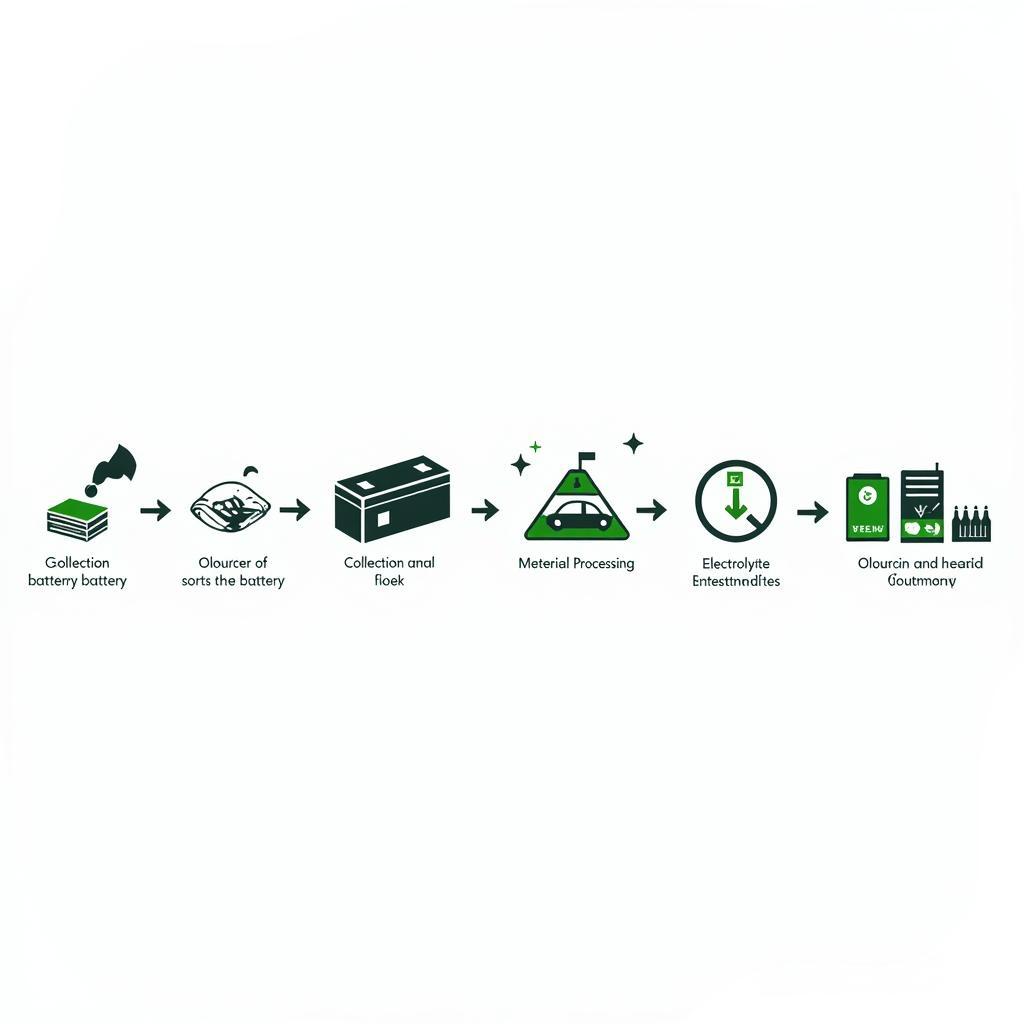How to Get the Full Service History of a Car
Knowing the full service history of a car is essential when buying a used vehicle. It provides valuable insights into how well the car has been maintained, any potential issues it may have had, and its overall reliability. However, obtaining this information can sometimes feel like navigating a maze. This article will guide you through the various ways to get the full service history of a car, ensuring you make an informed purchase.
Why is a Car’s Service History Important?
A comprehensive service history acts like a car’s medical record, revealing its past treatments and potential future ailments.
- Verifying Mileage: A service history helps confirm the mileage reading is accurate and the odometer hasn’t been tampered with.
- Assessing Maintenance: Regular servicing documented in the history suggests the previous owner took good care of the vehicle, increasing the likelihood of its longevity.
- Identifying Red Flags: Conversely, a patchy or missing service history can be a red flag, indicating potential neglect or hidden problems.
- Negotiating Power: A complete service history strengthens your negotiating position, allowing you to request a fair price based on the car’s documented condition.
- Future Reliability: Understanding past repairs and maintenance helps you anticipate future needs and budget accordingly, preventing unexpected breakdowns and costly repairs.
Where to Find a Car’s Service History
Uncovering a car’s service history requires a bit of detective work, but the effort is well worth the peace of mind it brings. Here are the primary sources of information:
1. The Vehicle’s Service Book
The most obvious place to start is with the car’s service book. A well-maintained service book will contain stamps and invoices from authorized dealerships or reputable mechanics, detailing all the services performed, parts replaced, and dates of service.
2. Online Databases
Numerous online platforms provide vehicle history reports for a fee. Websites like Carfax and AutoCheck compile data from various sources, including:
- DMV Records: Information on title changes, reported accidents, and mileage readings.
- Service Centers: Records of repairs, maintenance, and inspections conducted at dealerships and repair shops.
- Insurance Companies: Data on insurance claims, including accident reports and theft records.
3. Contacting Previous Owners
If you’re buying from a private seller, don’t hesitate to ask for contact information of previous owners. They may be able to provide additional insights into the car’s history, such as maintenance habits and any unreported issues.
4. Independent Mechanic Inspections
Before purchasing a used car, it’s always advisable to have it inspected by an independent mechanic. They can identify potential problems, verify the service history, and give you an unbiased assessment of the vehicle’s condition.
Understanding the Details of a Service History
Simply obtaining a service history isn’t enough; knowing how to interpret it is crucial.
- Regularity: Consistent service intervals as recommended by the manufacturer demonstrate responsible ownership.
- Types of Services: Look for a balance of minor and major services, indicating comprehensive maintenance.
- Parts Replacements: Pay attention to major component replacements, which can provide clues about the car’s overall wear and tear.
- Mechanic Notes: Any notes or comments from mechanics can shed light on specific issues or potential future concerns.
What if the Service History is Incomplete?
Don’t panic if the service history isn’t complete. While a full history is ideal, gaps don’t necessarily mean the car is a bad buy. You can try contacting previous owners or the service centers listed to fill in the missing information. Additionally, a pre-purchase inspection by a trusted mechanic can provide reassurance and uncover any potential hidden problems.
Conclusion
Obtaining the full service history of a car is a vital step in making an informed purchase decision. It provides invaluable insights into the vehicle’s past, present, and potential future, allowing you to buy with confidence. By following these tips and investing a little time and effort, you can ensure a smoother, more informed car buying experience.
FAQs
1. Is it worth buying a car with no service history?
While a car with no service history can be riskier, it’s not always a deal-breaker. A thorough inspection by a trusted mechanic and potentially a lower asking price can mitigate some risk.
2. Can I get a service history from the DMV?
The DMV typically provides limited service history information, mainly focusing on title changes, mileage readings, and reported accidents.
3. How much does a car history report cost?
Online vehicle history reports typically range from $20 to $40, depending on the provider and the level of detail included.
4. What is a “full” service?
A “full” service generally refers to a comprehensive inspection and maintenance procedure as recommended by the manufacturer at specific mileage intervals.
5. Can I trust online service records?
Reputable online platforms like Carfax and AutoCheck are generally reliable, but it’s always wise to cross-reference the information with other sources, such as the service book and independent mechanic inspections.
For more information on car maintenance and tips for car owners, check out our articles on how much to tip a car detailing service, how much is a car wash service, where is the nearest full service car wash, how often to service car nz and what’s done on a full car service.
Need help with car diagnostics? We’re here for you 24/7. Contact us via WhatsApp: +1(641)206-8880, Email: [email protected].

